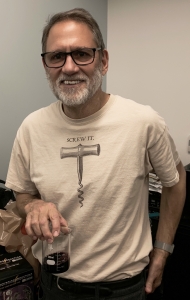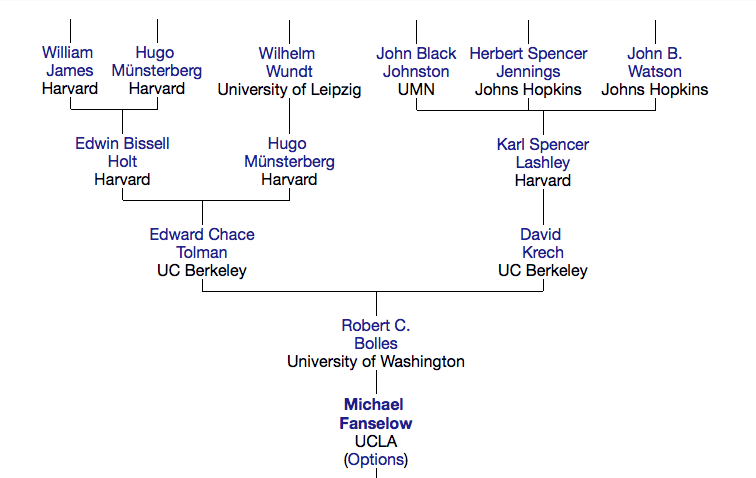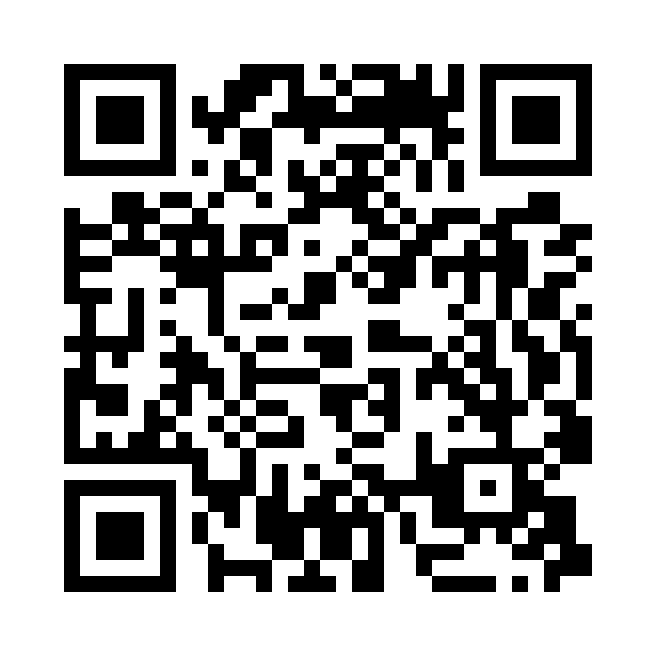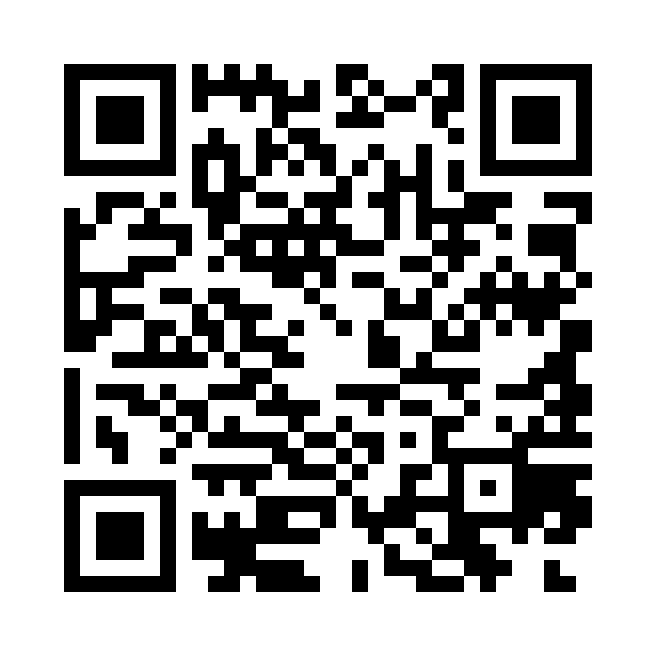Michael S. Fanselow is a Distinguished Professor of Psychology, Brain Research Institute, and Psychiatry & Biobehavioral Sciences at U.C.L.A. Dr. Fanselow has held academic appointments at Rennselaer Polytechnic Institute and Dartmouth College before coming to UCLA in 1987. He received his Ph.D. from the University of Washington and received the Edwin B Newman Award for Excellence in Research for his dissertation work there. He has also received the Early Career Distinguished Scientific Contribution Award, the D.O. Hebb Award from the American Psychological Association, the Troland Award from the National Academy of Science, and is a member of the honorary Society of Experimental Psychologists. He was elected President of the American Psychological Association’s Division of Behavioral Neuroscience and Comparative Psychology and President of the Pavlovian Society. He currently holds positions as the Staglin Family Chair and the Director of the Staglin Music Festival Center for Brain & Behavioral Health.
In his spare time, he likes to fish and drink wine.
Educational History
Brooklyn College-City University of New York, Brooklyn, N.Y. Bachelor of Science-Magna Cum Laude; Psychology Department Honors June 1976.
University of Washington; Seattle, Washington. Ph.D. in Biobehavioral Psychology; August, 1980.
Current Professional Responsibilities at UCLA
Distinguished Professor of Psychology, Brain Research Institute, and Psychiatry & Biobehavioral Sciences.
Director Staglin Music Festival Center for Brain and Behavioral Health
Co-Director UCLA Integrative Center for Learning and Memory.
Chair of Learning & Behavior Area (Psychology).
Director of the Behavioral Testing Core (UCLA).
Honors & Awards:
Fellow Association for Psychological Science. June 19, 2018.
Distinguished Investigator Award from the National Alliance on Schizophrenia and Depression (NARSAD) for 2011.
Neal E. Miller Distinguished Lecture, delivered at American Psychological Association meeting. Washington, D.C., 2011
Member Faculty of 1000, December, 2010—2017, January 2019-present.
Distinguished Teaching Award, Department of Psychology, UCLA, 2009.
Recipient of the W.H. Gantt Medal, the highest honored bestowed by the Pavlovian Society http://www.pavlovian.org October 6, 2007.
Member of the Steering Committee of the Winter Conference on Neural Plasticity, February 16, 2007-present.
Paper cited as one of a “dozen steps forward” in Anesthesiology in 2007 (Sonner et al., 2007)
Elected to the Society of Experimental Psychologists (SEP), the elite honorary society founded in 1904 by E.B. Titchner. January 1, 2007.
Recipient of the D.O. Hebb Distinguished Scientific Contribution Award of the American Psychological Association (Division 6- Behavioral Neuroscience & Comparative Psychology). Presented at the American Psychological Association meeting in New Orleans, August 2006.
Member Center for Neurovisceral Sciences and Women’s Health. August 27, 2003-present.
President of the Pavlovian Society. October 2001.
President of the Division of Behavioral Neuroscience & Comparative Psychology of the American Psychological Association. August, 1998.
Recipient of the Troland Research Award of the National Academy of Sciences, “For his ingenious analysis of the mechanisms that enable stimuli to acquire the ability to produce fear and how fear translates into specifics behaviors.” April 1995.
Fellow Center for Neurobiology of Learning & Memory-Irvine, 1993-present.
Elected Fellow of the American Association for the Advancement of Science “for seminal contributions to…behavioral neuropharmacology of fear and fear motivated learning.” February 1994.
Fellow, Center for Advanced Study in the Behavioral Sciences. Stanford, California. September 1992–June, 1993.
Fellow in four divisions of the American Psychological Association (Division 6, 1/1/1989, Comparative & Physiological; Division 3, 1/1/1990, Experimental; Division 28, 1/1/1993, Psychopharmacology & Substance Abuse, Division 1, 1/1/95, General Psychology).
Recipient of the American Psychological Association’s Distinguished Scientific Award for an Early Career Contribution to Psychology (Animal Learning/Behavior). Presented at the American Psychological Association meeting in Los Angeles, August 1985.
Recipient of the D.O. Hebb Young Scientist Award of the American Psychological Association (Division 6- Comparative & Physiological). Presented at the American Psychological Association meeting in Anaheim, August 1983.
Recipient of the Edwin B. Newman Award for Excellence in Research. Presented by the American Psychological Association & Psi Chi at the American Psychological Association meeting in New York, August 1979.
National Science Foundation-Predoctoral Fellowship; Honorable Mention: 1977.
Sigma Xi, the Scientific Research Society; admitted as an associate in 1976. Full membership awarded in 1981.
Psi Chi, the Honor Society of Psychology; admitted in 1976.
Professional Service to the Field and Community:
NIGMS SCORE Study Section (Chair) June 12, 2018. SCORE is a grant program that seeks to increase the research competitiveness of faculty at under-resourced institutions that have explicitly stated historical missions or historical track records focused on training and graduating students from groups nationally underrepresented in biomedical research.
Organizer and Instructor for course in Emotional Memory, Neuroscience School of Advanced Studies. August 27-September 3, 2017. Bressanone, Italy.
Associate Editor. Nature Publishing Group, Science of Learning, 8/1/2015-present.
Chair of Neurobiology of Learning and Memory (LAM) Study Section, Center, for Scientific Review. National Institutes on Health, 9/2015-8/31/2017.
Member of Neurobiology of Learning and Memory (LAM) Study Section, Center, for Scientific Review. National Institutes on Health, 9/1/2012-8/31/2017. Chair 9/1/15-8/31/17.
RDoc: Evolving Psychiatric Paradigms with Objective Measures to Advance Diagnosis and Treatment. Board member of working group sponsored by Otsuka Pharmaceutical to establish an RDoc set of criteria to better diagnose and treat Major Depressive Disorder, Schizophrenia, and Bipolar Disorder through identifying circuits and objectively measurable behaviors, 9/1/2014-12/31/2014.
Member Scientific Review Committee for Veterans Administration-Department of Defensive Consortium to Alleviate Post-traumatic Stress Disorder (CAPS).
Member National Science Foundation Pre-Proposal Review Panel for Modulation in the Neural Systems Cluster. February 4, 2013 – March 20, 2013.
Committee to Select Editor for the Behavioral Neuroscience, 2012-2013.
Member of National Institutes of Mental Health (NIMH), NIH Committee to establish Research on Domain Criteria (RDOC), ‘Negative Affect Domain’ Note that the Negative Affect Domain, and its definition of fear and anxiety, is largely based on my basic research on the neuroethology of defensive behavior (e.g., Fanselow, 1994).
Member of the Steering Committee of the Winter Conference on Neural Plasticity, February 16, 2007-present.
Member Program Committee, Society for Neuroscience, October 2006-2009
Advisory Board High-Q Foundation & Cure Huntington’s Disease Initiative, 2003-2010.
Consulting Editor for Hippocampus. January, 2003-present
Consulting Editor for Behavioral and Cognitive Neuroscience Reviews, January 2000-January 2007
Member of the advisory board that oversaw development of the California Science Center’s “Goosebumps! The Science of Fear,” a 6,000 square foot traveling exhibit, which featured his research and still tours the nation’s Science Centers (http://www.fearexhibit.org/).
American Association for the Advancement of Science Electorate Nominating Committee. 2/20/2002-2/20/2005. Chair 2004-2005.
President of the Pavlovian Society. 10/2001-10/2002.
Director UCLA Behavioral Testing Core Facility, January, 2001-Present.
Member NIMH Special Emphasis Panel, Enhancing Diversity in Neuroscience Training (T32) Programs. Member 2001-2006, Chair 2006 ZMH1 ERB-Y
Instructor and Organizer, Mouse Behavioral Analysis Course, Cold Springs Harbor Laboratory. 2000-2004
Participant in FASEB workshop “Setting the Agenda on Animal Welfare: A workshop on Science and Policy.” Presentation entitled: The Reduction of Fear, Pain and Distress Requires Experimental Models of These Processes. Washington, D. C., 2000.
President Division of Behavioral Neuroscience and Comparative Psychology of the American Psychological Association. August, 1998-1999.
Consulting Editor for Journal of Experimental Psychology: Animal Behavior Processes. January 1997-2005.
Consulting Editor for Psychological Review. January 1996-2002.
Committee to Select Editor for the Journal of Experimental Psychology: Animal Behavior Processes, 1995-1996.
Consulting Editor for Psychological Bulletin, January 1996-1999.
Consulting Editor for Neurobiology of Learning & Memory. January 1995- present.
Consulting Editor for Neuroscience & Biobehavioral Reviews. January 1995- 2003
Organizer of the 19th Annual Winter Conference on Neurobiology of Learning & Memory. January 1995.
Elected member-at-large Executive Committee Division 6– Comparative & Physiological Psychology of American Psychological Association. August 1991-August 1995.
Consulting Editor for Psychonomic Bulletin and Review. April 1993-January 1999.
Consulting Editor for Behavioral Neuroscience. June 1985-2007, 2009-present.
Consulting Editor for Journal of Comparative Psychology. June 1988- December 1993.
National Science Foundation Advisory Panel. (Animal Learning & Behavior) September 1989–April, 1992.
Associate Editor for Animal Learning & Behavior. September 1988-December 1992.
Professional Societies:
Society for Neuroscience.
American Psychological Association (Divisions 1, 3, 6, 25, 26, 28) (Fellow).
American Association for the Advancement of Science (Fellow).
Pavlovian Society.






